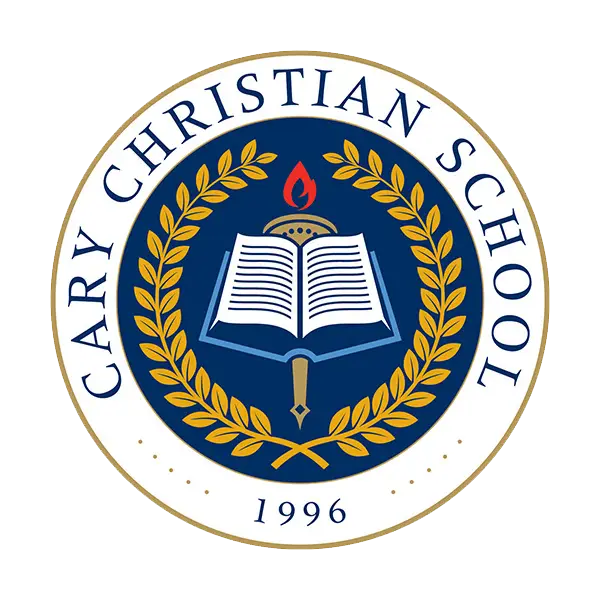A teacher was telling me about her class’s enthusiasm for learning. She said, “I announced it was time to classify a sentence, and the students responded with, ‘Yay!!!’ and ‘Hooray!’” New teachers to our school remark how extraordinary it is that the students genuinely love being in school and enjoy learning. It is my experience that this is due largely in part to the way our teaching is structured around the Trivium.
As a classical school, we apply the Trivium to our instructional methodology and academic development. The phases of the Trivium are grammar, logic, and rhetoric. Grammar refers to the building blocks of each subject, the basic facts and truths. Logic offers a disciplined experience of things, teaching students how to think, not what to think. Rhetoric focuses on training students to express what they have learned clearly and winsomely.
The phases of grammar, logic, and rhetoric correlate with and complement the phases of child development. We teach and design our lessons to fit the way God has made students at each particular age and stage. Elementary-aged children in the grammar stage enjoy games, stories, songs, and repetitious word sounds. Our teaching methods include lots of chanting, reciting, singing, hands-on projects, drills, and games. Middle school coincides with logic, and at this age, children want to argue and challenge and ask “why?” We introduce formal logic and give them opportunities and tools to evaluate, critique, debate, persuade, and present. By high school, students have learned a lot and desire to express their feelings and ideas. This is the time for teaching rhetoric, the art of presenting ideas, taking what one has learned and expressing it outwardly.
Throughout each age range and stage, elements of grammar, logic, and rhetoric are included in each subject. We don’t master one stage completely before moving on to the next; there are elements of grammar, logic, and rhetoric to be found in every subject at any age. Our kindergarteners begin preparing for their first rhetoric experience as they share their “God Made Me Special” posters with their class. Each year affords opportunities to grow in rhetoric as we build toward the capstone, the senior thesis.
Take a peek with me into a classroom to watch students enthusiastically classifying a sentence in a grammar lesson. They have memorized parts of speech (grammar), they can deduce why a word is a certain part of speech based on its location in the sentence and relationship to other words (logic), and they can explain and defend when challenged, as in, “How do you know that word is an adjective?” (rhetoric). While all of this is happening, the students are standing, chanting, singing a jingle about adjectives, doing hand motions, and labeling. They are learning and moving as God has designed them to at this age. Their brains are being filled with knowledge. They are learning more about their own language and the world around them. And they are having fun!
In The Seven Laws of Teaching, John Milton Gregory wrote that in order for learning to occur, “The learner must attend with interest to the lesson.” At Cary Christian School, we see the fruit of this as our teaching and methods based on the Trivium engage our students’ interest and work with the way God has designed them.
More resources on the Trivium and classical education:
- Recovering the Lost Tools of Learning: An Approach to Distinctively Christian Education, by Douglas Wilson
- Wisdom and Eloquence: A Christian Paradigm for Classical Learning, by Charles T. Evans and Robert Littlejohn


